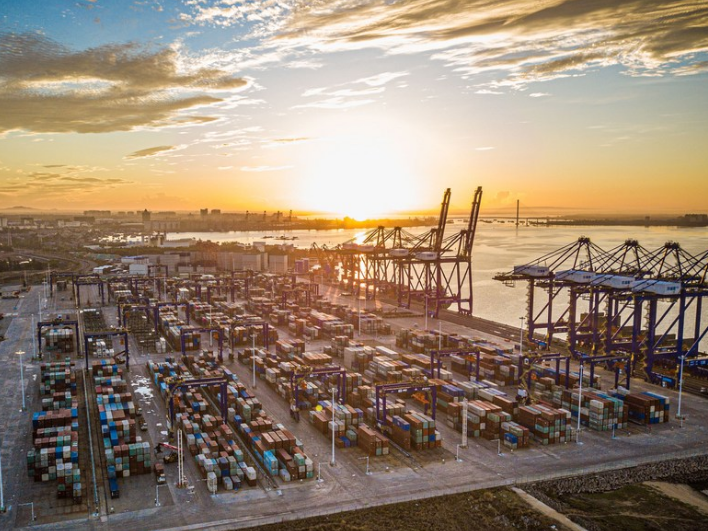PORT-LOUIS, July 11 (Xinhua) -- The Free Trade Agreement between China and Mauritius is mutually beneficial, particularly for the latter, as vast opportunities have been created for Mauritius to boost the export of numerous products, an industry leader has said.
The trade deal, the first of its kind between China and an African country, came into force in January 2021, which "opens the opportunity for many additional Mauritian products, such as rum, textile, etc.," said Devesh Dukhira, chief executive officer of the Mauritius Sugar Syndicate, in a recent interview with Xinhua.
Notably, it paves the way for the export of Mauritius' Special Sugars to China, said Dukhira. "The first time we exported Special Sugars to China was in 2010. And until 2020, we were exporting between 700 and 1,100 tons to China," he recalled.
The trade agreement has proven to be a game-changer, as it set up a specific tariff-rate quota for Mauritian sugars, making the export volume of Special Sugars to China increase to more than 10,000 tons in 2021.
"We managed to get a gradual increase in the tariff-rate quota, starting with 15,000 tons in 2021 and increasing by 5,000 tons each year until it reaches 50,000 tons in 2028," said Dukhira.
"The focus on the high value-added wholesome special sugars will enable us to secure a long-standing position in niche market segments within China, such as in high-end retail supermarkets," he said.
Mauritian Special Sugars are widely known for the natural intensity of their aroma and tastes, and are rich in antioxidants and minerals, according to the website of the Mauritius Sugar Syndicate, a non-profit organization established in 1919 that focuses on promoting the sales of Mauritian sugars.
The sugar industry plays a critical role in the Mauritian economy. "Sugar used to be the backbone of our economy and remains the most important agricultural crop of Mauritius," the industry leader said, adding that sugar trade accounts for 15 percent of Mauritius' export revenue.
Dukhira believes "niche market segments" that have expanded globally such as coffee, pastries and food will bring more opportunities for the Mauritian sugar sector.
"We now produce some 150,000 tons and export to 55 countries worldwide. Europe remains the main market with about 50 percent of the sales volume, the U.S. buys about 12,000 tons, while China is expected to increase its share," he said.
Having worked as a former head of marketing for the sugar syndicate, Dukhira said he has identified sales opportunities in the Chinese market as early as 10 years ago.
"I am convinced that the sales prospects for these sugars in the niche segments in China are very high," he said.




 A single purchase
A single purchase









